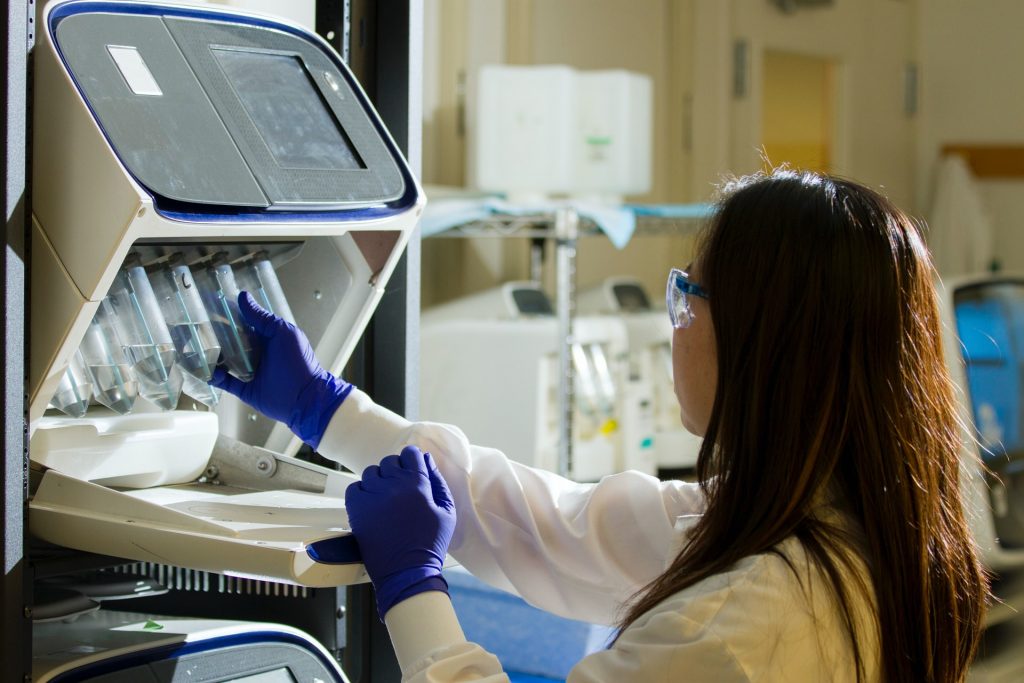Business and Economy
BOI invites Japanese pharma firms to invest in PH

MANILA – The Board of Investments (BOI) said on Friday it is keen to invite Japanese pharmaceutical companies to invest in the Philippines.
In a statement, Trade Undersecretary and BOI managing head Ceferino Rodolfo said they recently met with Kansai Pharmaceutical Industries Association (KPIA) to present the opportunities in the country’s pharmaceutical industry.
“As we work to Build Back a Better Philippines, we recognize the importance of our international partners like Japan. With the developments in health insurance schemes, health systems, and increasing investments in public health, the Philippines can serve as Japan’s market for pharmaceutical products,” Rodolfo said.
He said the local pharmaceutical market has an estimated value of USD4.6 billion, with 46 manufacturers, 650 importers, and 4,800 distributors.
Rodolfo added that the country is a big importer of active pharmaceutical ingredients (APIs) with around 98 percent of APIs still sourced abroad.
Between 2015 and 2019, imports of APIs grew by 15 percent, Rodolfo said.
He said the Philippines can be a production base for Japanese pharmaceutical firms not only serving the local market but also for exports.
Aside from investing in production facilities, the Philippines and Japan can further strengthen their partnership in the pharmaceutical sector particularly in areas of research and development, product development, and innovation, he added.
BOI Manufacturing Industries Service director Evariste Cagatan added that the government aims to attract manufacturers of vaccines and biologicals to build capacity in addressing the current and future health emergencies and pandemics.
“We would welcome investments in vaccine manufacturing even starting only with fill and finish or form and finish operations before going to further processing. We have prospective Filipino groups which are looking for technical partners or equity partners who would be happy to be introduced to those who are seriously interested in this field,” Cagatan said.
She also encouraged Japanese pharmaceutical players to look into prospects in the Philippine market in terms of essential medicines for the most common illnesses of Filipinos such as diabetes, hypertension, kidney, heart diseases, and cancer.
According to BOI, in 2019, Japan is the second largest export market for Philippine-made pharmaceutical products, specifically bandages, and dressings.
In the same year, the country’s top pharmaceutical imports from Japan include medicaments and penicillin, nucleic acids and salts, and vitamins.





















